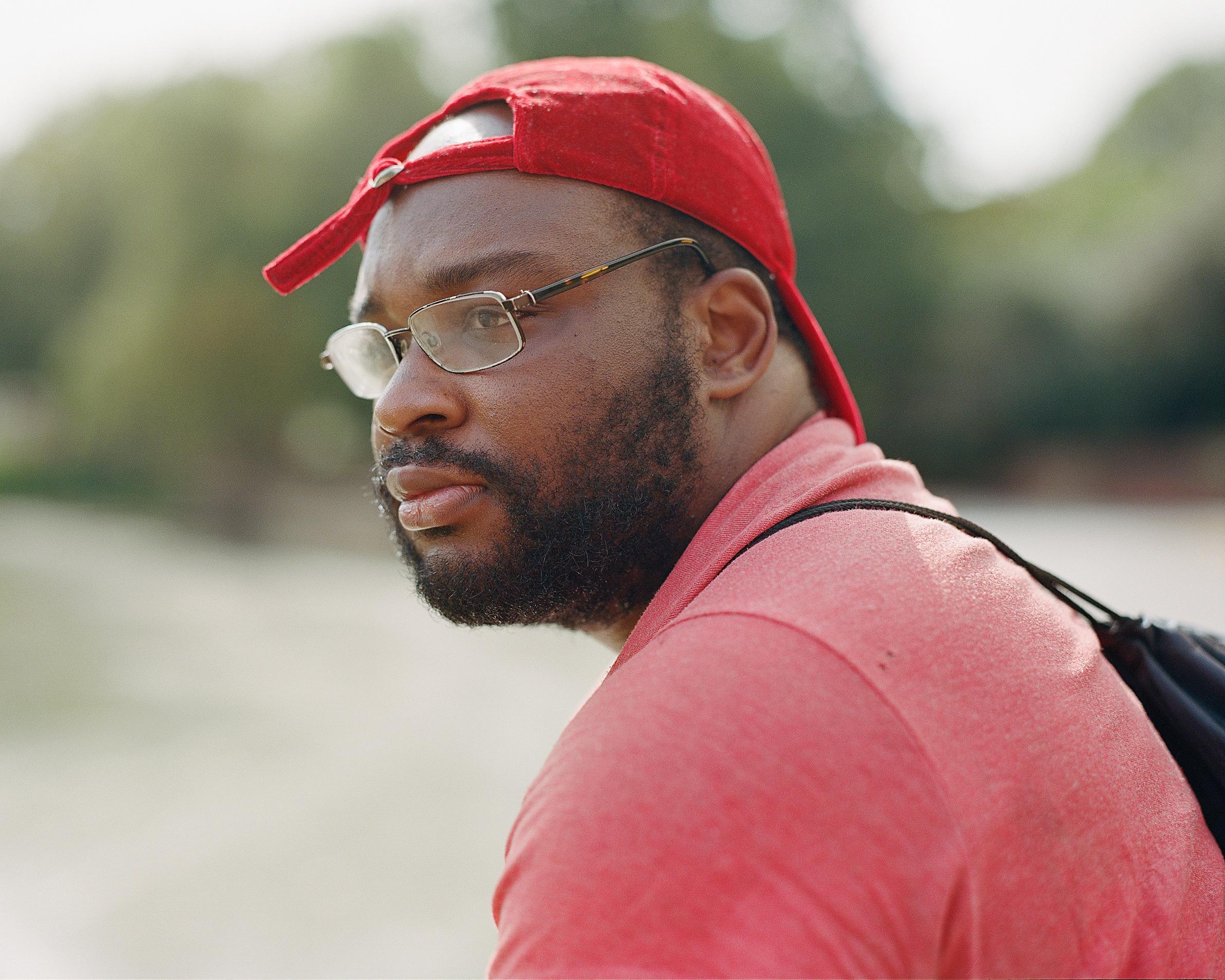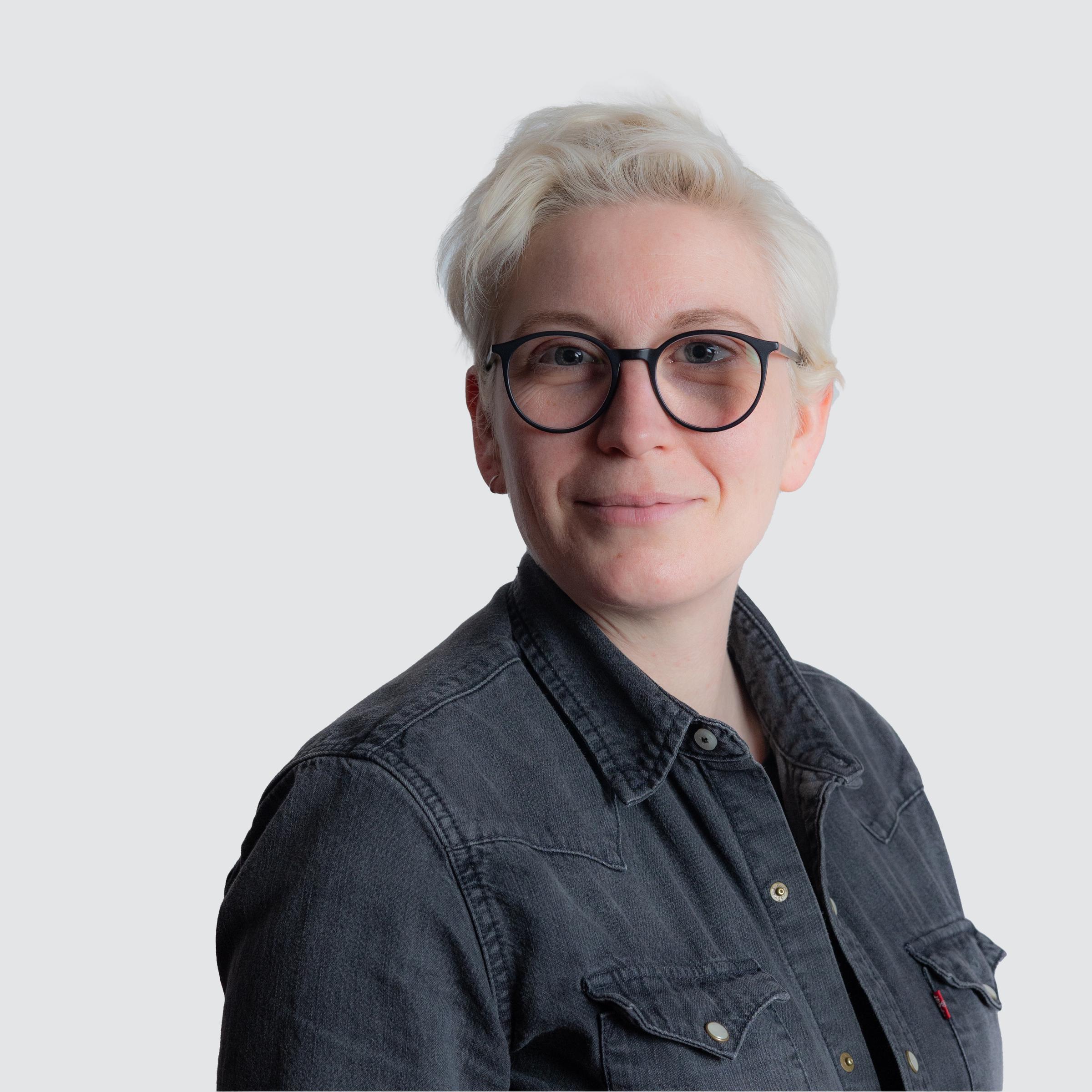COVID-19 is a greater health risk to people on low incomes: we can give a life-line
Coronavirus is exposing growing health inequality in our society, but we can help people weather the storm, now and in the future.
The idea that this virus is a ‘great leveller’ has been called into question. The consequences of the virus are not the same for everyone, and disproportionately impact people on low incomes and who are already living in poverty.
I write this as I’m working relatively comfortably from home watching the rubbish being collected from my window by workers without any personal protection equipment, and as my friends and family go out to keep essential public transport and health systems running. All putting their health at risk everyday. I know I won’t be alone in thinking this. But, what does this mean for those living in poverty? And what can be done to help them weather the storm?
Health and poverty
The pandemic is further complicating the relationship between health and poverty. Groups with direct experience of poverty are telling us it’s even harder to access healthy low-cost foods because of shortages in supermarkets and having no option but to buy more expensive items or rely on takeaways at a time we should be keeping healthy.
Too many people were already being pulled under by poverty as it stopped them from improving their living standards. The implications of coronavirus mean that now many more people struggling to keep their heads above water could be swept into poverty a result. Poverty is not just a lack of money: stress and anxiety can cause a strain on relationships. A quarter of people in poverty report high levels of anxiety, compared to less than one in five of people with higher incomes. At a time when the nation is caught in a wave of anxiety and uncertainty about the future, it’s not right that people should experience the additional stress and anxiety that poverty brings.
If you’re disabled or unwell you’re facing higher travel costs because you need to take taxis to medical appointments as public transport is being reduced. Yet, disability and sickness benefits have not risen in the same way Universal Credit has. People waiting for tribunals, PIP, and ESA assessments are also concerned about the fairness of a paper or phone-based assessment process when medical evidence is harder than ever to come by.
The outbreak of the virus also comes at a time when our nation was already reported to have a huge gap in health inequality. Our analysis shows that just over six in ten adults in poverty report good or very good health in general, compared with just over seven in ten of those not in poverty. The Marmot Review earlier this year revealed the main driver of our worsening health is poverty, and that life expectancy is lowest for communities that are struggling to get by, especially for women. This is important as our analysis shows that one in five women are currently living in poverty in the UK. For many, unpaid caring responsibilities are part of that experience of poverty.
As we increasingly rely on technology to stay connected during the pandemic, many caught in poverty’s grip are left feeling isolated and forgotten, without access to the internet or the necessary hardware, or the ability to pay for it. The APLE Collective has called on the Government to prioritise tackling digital exclusion and bridging the #DigitalDivide that many low-income groups experience.
Health and housing
For homeless families living in temporary and overcrowded homes it’s being more at risk of contracting the virus every time you use a shared kitchen or bathroom, or being crammed in one room with no inside or outside space for your children to play or for you to self-isolate. The closure of shelters, and housing department staff absences, have also left some with no other option but to sleep on the streets and unable to access basic necessities such as food and water, or maintain even a basic level of hygiene.
Health and work
The Children’s Society and others are campaigning for clarity for people who have No Recourse to Public Funds. People who have been working legally are being plunged into poverty because of their immigration status, or forced to ignore public health guidance in order to continue working because they cannot access welfare. There is often a language barrier which can lead to problems understanding what is available to them, making them unable to apply for benefits they are entitled to. They are also afraid to seek medical assistance for fear of reprisals. As the Institute of Fiscal Studies revealed in its report this week, the young and women are much more likely to work in low-paid sectors that are now shut down, such as retail and hospitality.
In addition, the Runnymede Trust’s state of the nation report on Ethnicity, Race and Inequality in the UK also shows that poverty, health inequality and poor housing conditions impact BAME communities who are among the poorest of socioeconomic groups and who are more likely to be at the frontline of this crisis in low-paid and precarious work picking up our waste, driving our buses and looking after the sick.
Help people weather the storm
Our latest briefing calls on the Government to go further and offer security to those of us who are not yet covered by the initial steps in this time of turmoil, and outlines how it can build on reforms already announced to ensure a functioning social security system, safe homes for all, and a chance of financial recovery for those who’ve been dragged under by the rising tide of job losses and increasing costs.
Once we start moving out of this phase of the outbreak and into recovery, we need to keep rebuilding our economy to give both families and the nation more resilience and better health, and turn the tide on poverty.
To do that, people whose lives are being swept away by poverty need more security at work, to be able to rely on the stronger social security anchor that’s being put in place now, and to have access to a safe home they can afford.

This idea is part of the social security topic.
Find out more about our work in this area.
